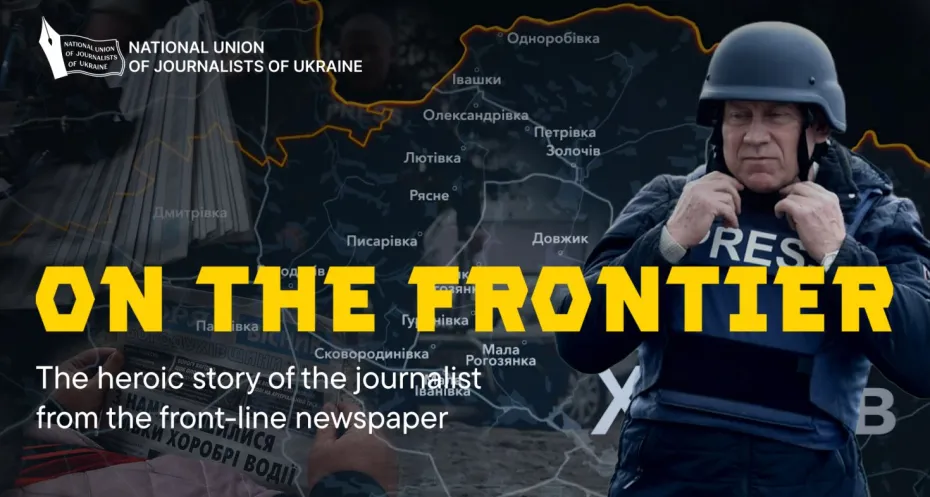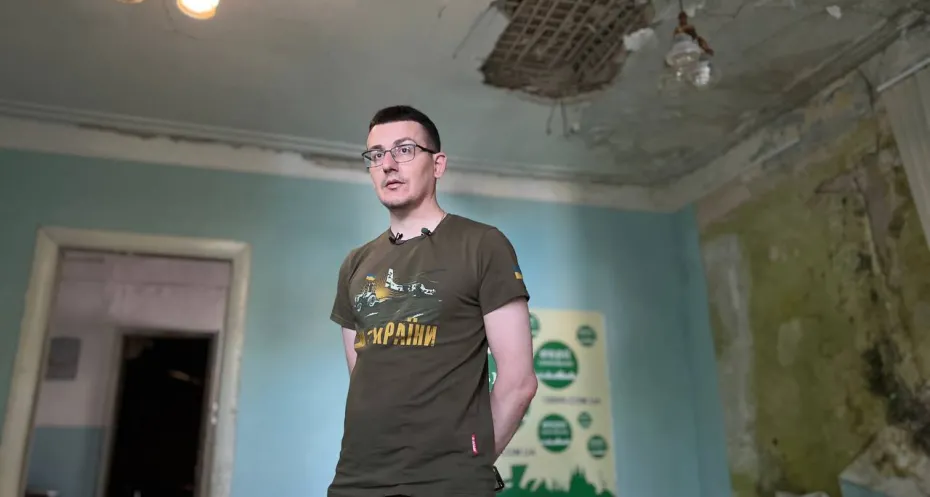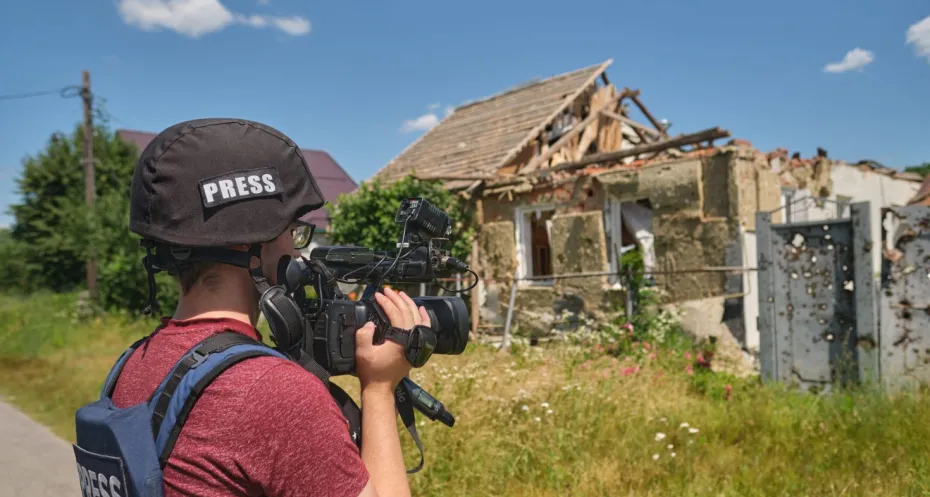Empowering front-line journalism: 'Close to Zero Line' launched in Ukraine
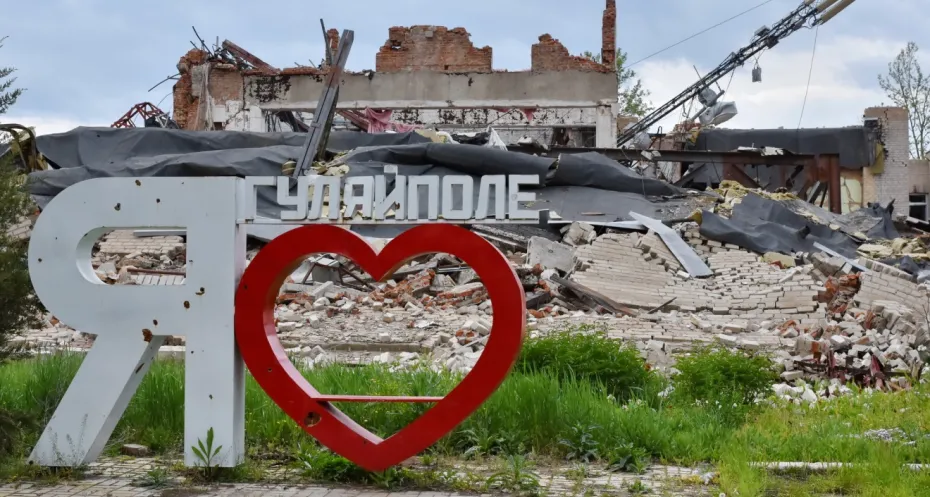
In the front-line territories of Ukraine, there's a strong desire among the people for professional, reliable information. Therefore, the National Union of Journalists of Ukraine in partnership with Free Press Unlimited, implemented the Close To Zero Line project. This initiative aims to bolster local press operations in the front-line regions, where internet and mobile communications can be scarce or unreliable.
Tetyana Velyka, the editor-in-chief of the Holos Huliaipillia newspaper in the Zaporizhzhia Region, emphasises the need for information that is verified, processed, and formatted into accessible text. "While social networks offer the advantage of speed, print media brings the depth of thoroughness, underpinned by the reputation of professional journalists," she states.
The project focuses on providing three-month funding packages to five local newspapers that lack stable financial support yet play a crucial role in informing the local population in the front-line areas. These newspapers are Holos Huliaipillia (Huliaipillia, Zaporizhzhia region), Zoria (Zolochiv, Kharkiv region), Putyvlski Vidomosti (Putyvl, Sumy region), Vyest (Chernihiv), and Ridne Misto (Myrnograd, Donetsk region).
High-quality journalism
Oleksandr Kharchenko, a NUJU Board member and Chief Producer at Gazeta.ua, serves as the project's creative curator. Notably, Gazeta.ua and Krayina magazine feature the best materials from the participating publications. An article titled "Close-Up Shootings, Robberies, and Children in Basements: Chronicles of the Occupation in Zaporizhzhia" has already been published on Gazeta.ua, drawing attention to the critical situation in the region.
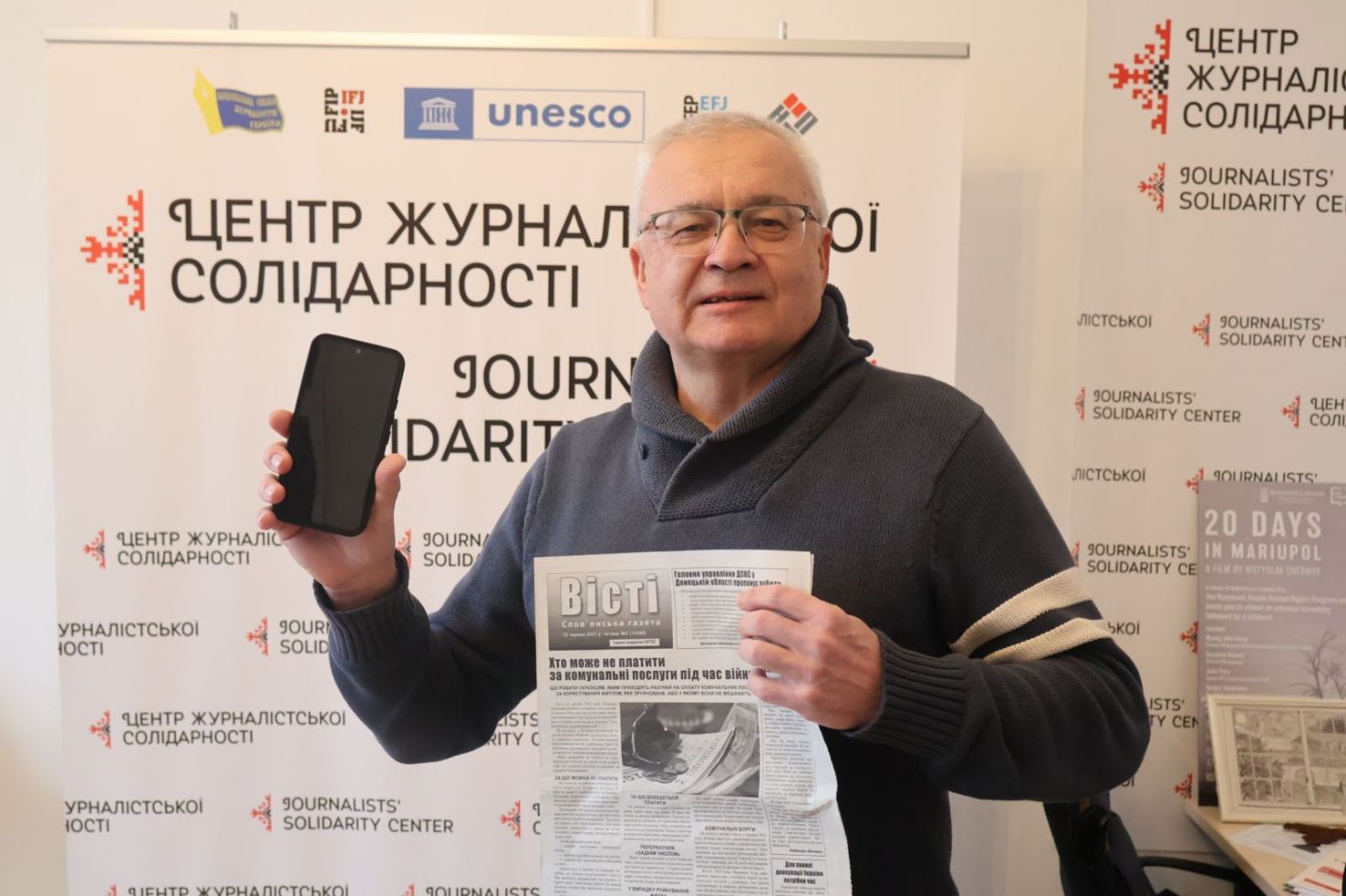
"Articles in these publications are an example of high-quality journalism," assures NUJU President Sergiy Tomilenko. "Journalists from front-line and de-occupied territories produce professional materials that meet all international standards, putting their lives at risk. Of course, these publications need support because they work, in fact, on the ruins of their newsrooms. Despite such conditions, their employees remain highly professional."
"Especially when your town or region is occupied, the need for independent information is even more vital. These front-line newspapers, therefore, deserve our support." - Ruth Kronenburg
Moreover, the initiative extends beyond financial backing for content creation, providing funds for technical upgrades, including new smartphones for the editorial teams of eight additional media outlets: Pivdenna Zoria (Nikopol, Dnipro region), Visti Barvinkivshchyny (Barvinkove, Kharkiv region), Dvorichanskyy Krai (Dvorichna, Kharkiv region), Trudova Slava (Orikhiv, Zaporizhzhia region), Visti (Sloviansk, Donetsk region), Obrii Iziumshchyny (Izium, Kharkiv region), Zmiyivskyy Kurier (Zmiyiv, Kharkiv region), and Tekhnopolis (Kramatorsk, Donetsk region).
Supporting local journalism
The commitment to supporting local journalism in front-line and de-occupied territories was reinforced during a meeting between NUJU President Sergiy Tomilenko and Free Press Unlimited Executive Director Ruth Kronenburg in Amsterdam, October 2023.
Since the onset of the full-scale Russian invasion in 2022, Free Press Unlimited has launched a comprehensive emergency support programme, Media Lifeline Ukraine, for Ukrainian journalists in distress. Following a request from NUJU in spring 2022, the organisation extended financial assistance to over 150 journalists from Mariupol (Donetsk region) and other affected regions, including Kharkiv, Kherson, Chernihiv, Kyiv, and Zaporizhzhia.
Working with over 300 partners, Free Press Unlimited carries out media projects across more than 50 countries worldwide, demonstrating a steadfast commitment to fostering a free and independent press.
